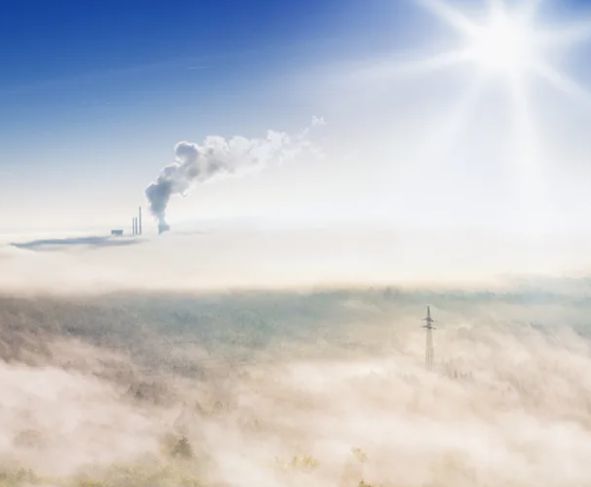5 measures to protect jobs in industry on top of what Commission proposed
100% of money spent on climate and just transition
“The price of the new ETS II for heating and road transport will most likely be less than 50% than the ETS I price.” This is the assessment of the rapporteur of ETS, the biggest climate law ever of the European Union, Peter Liese. “Citizens can be sure that nightmares that have been linked with ETS II are not realistic. The impact assessment of the European Commission suggests a price of 45 euros in the first years. I think when the ETS II starts in 2027, the price will be significantly lower for three reasons: First of all, we will have a frontloading of ETS II to finance the Social Climate Fund. And second, the Parliament has successfully insisted on a price cap mechanism, when the price of 45 euros is achieved. The third reason is that because of the current energy crisis, many people go for all possible measures to reduce their fossil fuel consumption for example by changing their habits or invest in more efficient heating systems. By 2027 this will already have reduced the emissions and this is the most important. Member States now have the legal obligation to spend ETS I and ETS II money for the purpose of climate and just transition.
So Member States have the obligation to use also the big revenues of ETS I that go to their national pockets immediately to help people to cope with the situation. An injection from the MSR will prevent that it increases further. This is very important because citizens must have the chance to accommodate and to do the necessary steps to reduce their emissions and that’s why a low price in the beginning is crucial. Also the frontloading of the Social Climate Fund is imperative in this respect. We create more fairness because we also include process emissions in ETS II. It would be completely unjustified if a poor family or an old lady that lives in a badly insulated house or flat is covered by the scheme but a big factory is not covered with the process heat as well as the heating of their offices. We changed this injustice in the night to Sunday. And this will also bring us more money for the Social Climate Fund. I think these two elements are the biggest victory of the European Parliament and we corrected the imbalance in the Council position.
On top of that, we also improved the text when it comes to protecting jobs in energy-intensive industry. We have a strong package on protecting the CBAM sectors like steel, fertilizers and cement:
1. A legal guarantee that if there are problems with the implementation of CBAM, the reduction of free allowances will be stopped.
2. Additionally more than 3.5 billion euros for Member States from ETS revenues to support export-oriented industry in the transition to climate neutrality.
3. Member States can also use additional funds from national revenues to support industry.
4. There are special calls for industry concerned in the Innovation Fund, which in the best case will contain over 50 billion euros by 2030.
5. There is a revision clause which, in the event of difficulties, introduces additional measures.”
“Overall we did a huge step to protect the future of our children and grand-children and at the same time, we protect vulnerable groups, not only the unemployed or pensioners but also hard-working middle class people and the future of the European industry will also be better if this package is implemented. I am very grateful for all those that helped to broker this deal.”, finished Liese who is also the environmental spokesperson of the biggest political group in the European Parliament (EPP-Christian Democrats).


